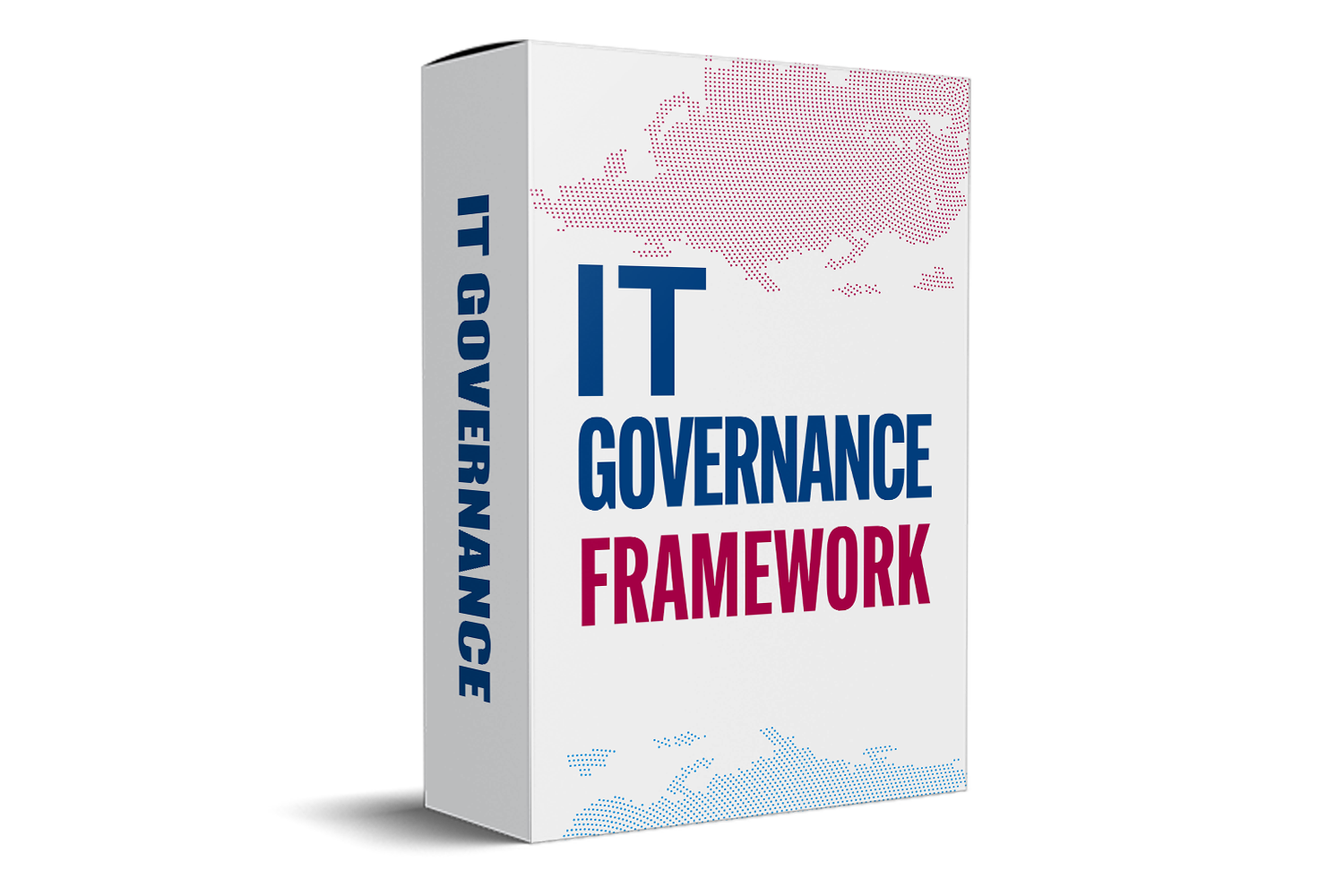QMS Management Review Meeting Minutes: A Word Template for Success
The QMS Management Review Meeting Minutes are an important part of the operations of any organisation. This meeting is held to evaluate the progress of the organization, identify potential problems, and make important decisions that will help it move forward. Minutes of this meeting provide a record of the decisions and discussions that took place. The board is responsible for reviewing management and monitoring the strategic direction of the company. The board of directors will meet regularly to discuss the company's performance and make decisions about its future. These minutes can be used to refer back to what was said and decided.
Why Is Management Review Important?
A management review can be a useful way to evaluate the health of your company. During a review, key stakeholders meet to discuss important issues and make critical decisions that will impact the future of the company. The benefits of a management review are many.
- Feedback increases employee satisfaction: Employees who receive frequent feedback are happier and more productive. Discussions will help management better understand the concerns of their employees. Employees will be motivated to succeed and more engaged.
- Clearer objectives: Employees don't understand what they are expected to do and why. They become less critical and productive. By regularly communicating SMART objectives (Specific Measurable Achievable Relevant Time-bound) to your team, you can keep them motivated and make them feel more confident about achieving their goals.
- Regular reviews are more efficient than annual ones: Regular reviews of performance are more effective than those conducted annually. Annual reviews can take a long time whereas performance evaluations are quick and resolve minor issues.

How to Design an Agenda for a Successful Team Meeting?
- Ask for input from the team: To ensure that your team is engaged, you should include items on the agenda that are relevant to their needs. Ask what agenda items will be on the agenda and why. Explain your reasons if you disagree.
- Choose topics that are important to your team. Schedule team meetings carefully, as they require everyone's time and effort. To make these meetings productive, each person must choose topics that are important to them. Everyone can then share their ideas and thoughts on the subject.
- Clarify your expectations and responsibilities. If participants are required to prepare in advance, let them know and give them enough time. If you want someone to provide you with information, inform them before the meeting rather than asking them questions during it.
- Estimate how much time is required to cover each topic. Calculate time for presenting the idea, answering questions, and brainstorming. Leaders often underestimate the time required, which can lead to a back out during meetings. The team can also adapt their questions and suggestions to the timeframe they want to share in the meeting.
- Give feedback: There is always room for improvement, no matter how successful a meeting may be. You can ask the following questions in your feedback:
- Do the topics interest the participants?
- Were there any important things that we missed?
- What topics should be discussed at the next meeting?

How to make the most of QMS management review meeting minutes:
- Who, what, and when: The template for a QMS management review should be prepared well in advance. It is important to determine how the meeting will take place, who will host it and what topics will be discussed.
-
Set a schedule
It is not mandatory to review every quarter or half year, but it's recommended. Review meetings should also be held around the fiscal year of the organization, as financial performance can affect the available budgets for investment. -
What? - Write a schedule
An agenda is one of the most essential aspects of a meeting. A meeting agenda ensures that all topics will be covered and everyone understands what is going to be discussed. The agenda can help to keep meetings on schedule and stop them from going too long. -
Who? Document the attendees
After you have written an agenda, it is important to talk about it with the appropriate people. The majority of those attending the meeting will be from the management. However, there may also be employees who are interested in the decisions made by the management.
- Take notes: Taking notes during your meetings to document the results and ideas will take a few minutes. You should assign someone who can quickly grasp concepts and take notes on important topics.
- Review the evidence: Management decision-making relies on data and facts that should be thoroughly evaluated before a decision is made. Evidence presented to management should include the following:
- Documents relating to the management system.
- Reports on internal and external audit.
- The client feedback and the corrective action log are included in the records.
- Focus on trends: In order to keep your QMS Management Review Meeting System updated, you must focus on trends both inside and outside of your business. Trends are often issues or opportunities that go unnoticed in your business. You should also discuss problems that are not affecting your business today but could become a threat in the future.
- Reports These reports include the summary of the meeting or the key points that were discussed and should be addressed. These include:
- You can improve your business processes by submitting any ideas.
- Changes made to the business plan.
- Changes to policies and processes.



